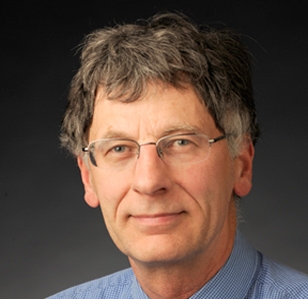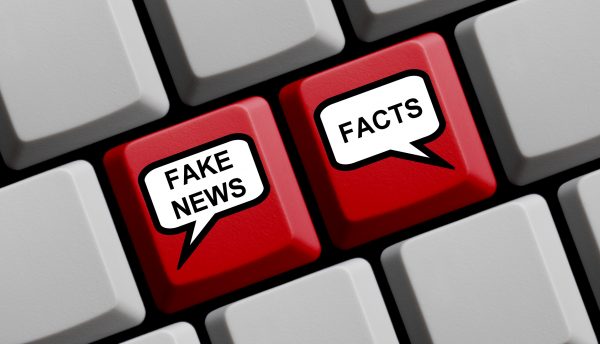Memorial Fund Honors Remarkable Journalism Career, Supports Students Involved With IDJC
Maxwell School alumna Denise Kalette ’68 got her first byline at age 12, under a poem titled “The Poor Taxpayer” that she submitted to her local newspaper. In a few paragraphs of playful prose, she drew attention to an issue…



 A: It’s negative. Democracy relies on an informed citizenry to function, and that comes from journalists dealing with a set of facts and reporting the truth. Our country’s founders knew what they were doing in protecting the press’s freedom in the Constitution, so reporters can inform the public about the dealings of those in power, no matter how unpleasant that information may be. And that works only if the public trusts journalists. But biased and fake news erode that trust and confuse people, and now we’re in a situation where people dispute facts because they have their own “truth.” And if we can’t agree on the facts, we won’t be able to work together to solve our problems as a country.
A: It’s negative. Democracy relies on an informed citizenry to function, and that comes from journalists dealing with a set of facts and reporting the truth. Our country’s founders knew what they were doing in protecting the press’s freedom in the Constitution, so reporters can inform the public about the dealings of those in power, no matter how unpleasant that information may be. And that works only if the public trusts journalists. But biased and fake news erode that trust and confuse people, and now we’re in a situation where people dispute facts because they have their own “truth.” And if we can’t agree on the facts, we won’t be able to work together to solve our problems as a country.